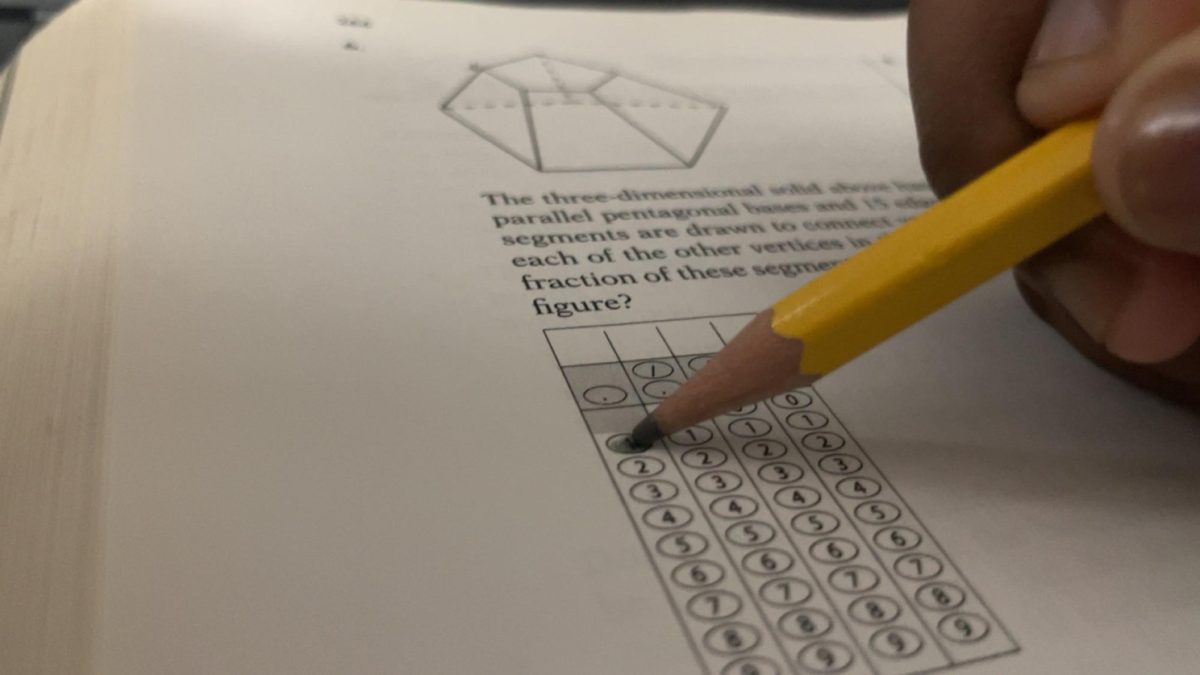While a little competition never hurt anyone, the constant presence of competition amongst youth has begun ruining childhoods.
Unlike a few decades ago, current children have started to read and write at a much younger age, making it so these skills are integrated into school curriculums even earlier. While it took the United States many centuries to develop a functioning alphabet, children are expected to master these characters in about 2 thousand days.
While this could be the result of an advancement in society, the competitive aspect often accompanying the education of more intelligent students takes a toll on their well being.
Many children spend the entirety of their elementary through high school education trying to be better than their peers. Constant comparisons between children has made it so that being proficient just isn’t enough. The students that study for hours in elementary school to qualify for extended learning programs are often the same kids that become college obsessed in high school.
Junior Sabrina Richards has younger siblings that are going through a similar experience. “My younger brothers are both struggling right now with the culture of perfection and value placed on academic success to an extreme extent. They care about being in ELP and going to the junior high for math and being well-liked by teachers,” Richards stated. “They are focused more on the temporary results and not the long-term benefits such as learning new things and establishing good habits.”
As younger kids become more aware of the college process, many of them try to get a head start on their education, whether it spawns from a personal decision or parental pressure. Oftentimes affecting relationships with other students, the early competition ages put stress on younger students and leaves them having to make a tough decision between friends and academic success.
Junior Shaha Bhugra is able to see how parental pressure affects younger students through his brother. “The growing pressure on elementary students in our area is evident. As the district grows and ranks higher and higher up in Iowa, more and more parents are pushing their children not just to do more but to be more in order to keep up with the rapidly increasing academic standards,” he says. “Because of this, students are losing precious time that is normally spent on creative thinking and exploration on mastering rigorous academic standards.”
When it comes to the steep incline in stress and anxiety amongst children and adolescents, the natural competition that is integrated into life in and outside of school seems to be a big cause. The fact that children are having to give up their mental health for their education is a big indicator of a shift in our society’s priorities.
“Besides the obvious destruction of childhood, these children become accustomed to extrinsic motivation, and once parents stop meticulously monitoring their studies, the children lose their academic motivation and become more inclined to cut corners,” Bhugra explains.
The current generations of childs are being robbed of their childhood years, some of the most memorable years of their lives. Knowing that the nation’s youth is rapidly succumbing to unnecessary academic competition further proves how society should take action. If not for change, these children will soon only have memories of test scores.









